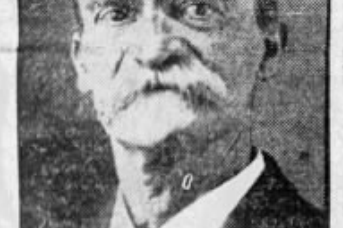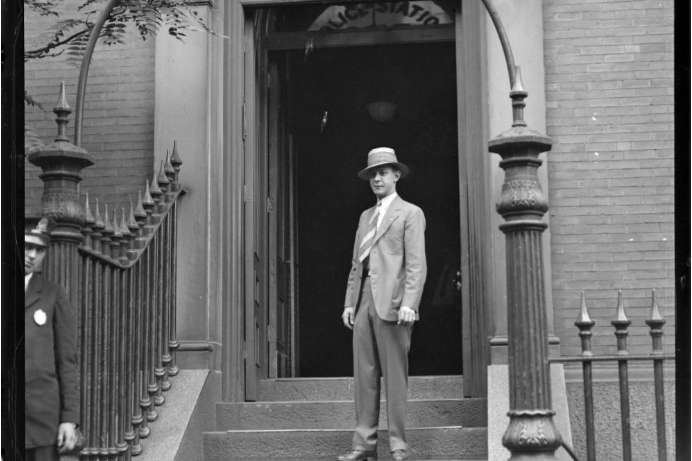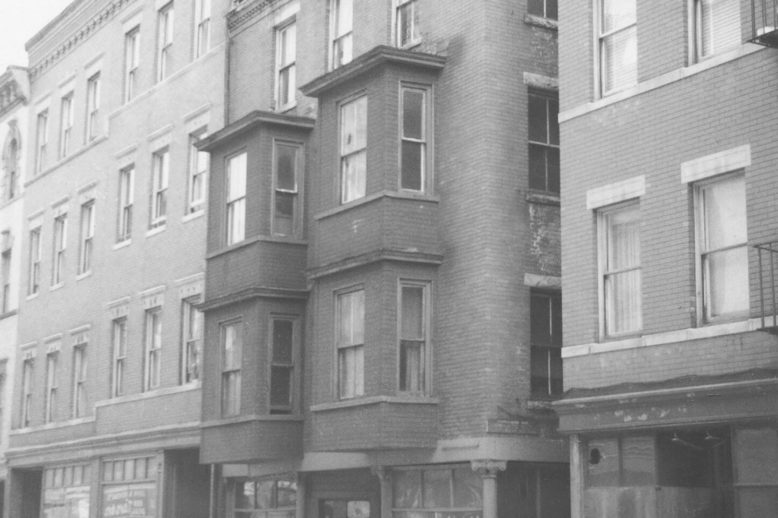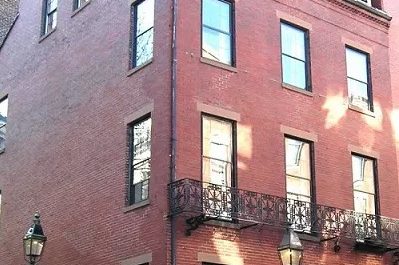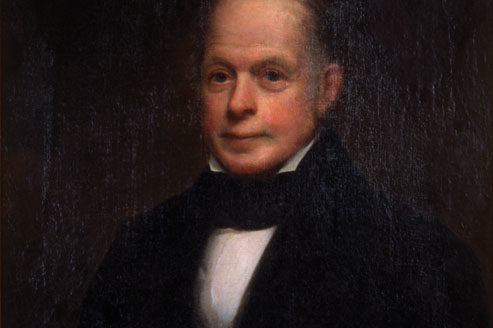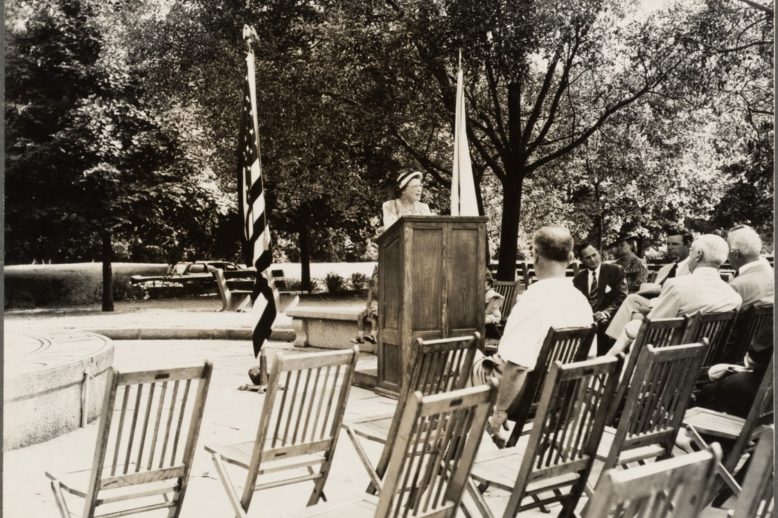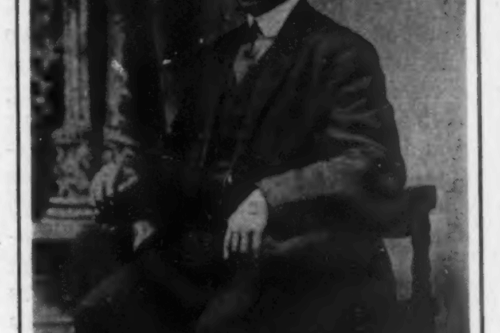Era
Organizational category for historical articles
Jeremiah J. Gilman, a Civil War veteran who lived on Chambers Street and Eaton Street in the West End, witnessed the immediate aftermath of President Abraham Lincoln’s assassination on April 14, 1865. After the Civil War, Gilman made it in the local newspapers not only as a veteran, but also as the purchaser of an investment property on Eaton St. that later became his home.
The West End’s Police Station at 74 Joy Street was built in 1863 less than a decade after the formation of the Boston Police Department. It served an important role in the community until 1962, after closing in 1937 and reopening due to public demand. The building now serves as the home of the Beacon Hill Civic Association.
Rose Berger Kubitsky immigrated to the West End from Poland in the early twentieth century. In the 1930s she founded “Berger’s Deli.” On Leverett Street, the deli was known by West Enders as “Berger’s Bar” because it evolved into a tavern, where Kubitsky simultaneously worked as owner and bouncer.
John P. Coburn, an African-American clothier, participated in and financially supported the abolitionist movement in Boston. He later ran a gambling house out of his home on Phillips Street, one of the sites of the Black Heritage Trail.
The West End’s dry goods stores provide valuable insights into the economic activity of the neighborhood. With data sourced from Boston Business Directories and Barry Oshry – the son of one of the West End’s most well-known dry goods business owners – providing insights on his family business, this report explores how one of the most essential industries in industrial America fared in the West End.
Asher Benjamin designed the Old West Church (1806) and Charles Street Meetinghouse (1807) in the West End, based upon the Federal style of architecture most commonly associated with Charles Bulfinch and many New England homes and churches. The Old West Church has survived multiple waves of redevelopment in the West End due to its historical significance.
Fanny Goldstein, as head librarian of the West End Branch library from 1919 to 1957, bridged the West End’s diverse communities through literary exhibits and events such as “Jewish Book Week.” Goldstein, who immigrated from Russia as a young child and resided on Joy Street, was a true West End community leader.
George Washington Forbes was hired by the West End Branch of the Boston Public Library when it opened in 1896, and thus became the first Black librarian working in the BPL system. At the West End Branch, Forbes served the neighborhood’s Black and Jewish communities until his passing in 1927.


